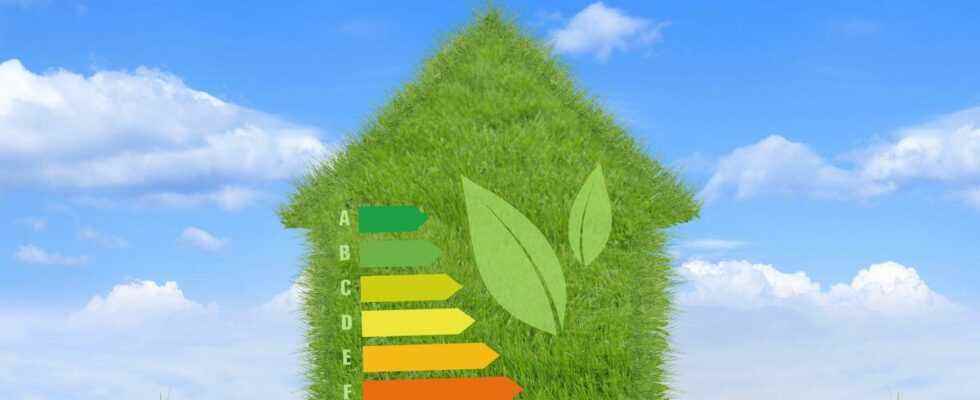The DGCCRF has nothing against actions in favor of the preservation of the planet, quite the contrary. But she is wary of the fraud that this enthusiasm shared by more and more citizens could lead to. On Monday, during the annual activity report presented by its Director General, Virginie Beaumeunier, the Directorate General for Competition, Consumption and the Repression of Fraud (DGCCRF) gave pride of place to its action in the field of ecological transition.
Read alsoEmployers and unions launch negotiations on ecological transition
This action represents a challenge for “ all consumers, and especially for the youngest “, comments Olivia Grégoire, the Minister Delegate for SMEs and VSEs, present at the meeting of the DGCCRF which now depends on its perimeter. Even if the traditional fraud repression missions continue to occupy a majority place in the investigations of some 2,900 agents, the ecological transition, presented since 2019 in the reports as a new strategic subject, has now won its share of sunshine. Bruno Le Maire sends a clear message in this respect: “ It is with the same efficiency and the same ambition that I ask the DGCCRF teams to continue, and henceforth deepen, their action in favor of the ecological transition. We must guarantee reliable information for consumers and promote the development of responsible consumption, which is essential to the success of the ecological transition.»
Read alsoThe DGCCRF warns of a financial scam over the phone
The DGCCRF has thus assigned itself several missions: combating the risks associated with pesticides, loyalty of environmental claims or claims based on responsible purchasing approaches, consumer rights in terms of the circular economy or product sustainability, equipment safety mobility still poorly supervised, such as scooters or other electric bicycles… The organization dependent on Bercy also highlights its action on fraud at the geographical origin of foodstuffs, which has experienced a leap over the period. At a time when consumers are seeking to consume more Made in France or local products, the DGCCRF apprehended nearly 4 tonnes of fruit and vegetables falsely stamped French and actually coming from Spain.
Put a “control pressure»
But its major concern remains that of energy renovation. It is, in fact, subject to numerous frauds, starting with cold calling, which is prohibited and liable to fines of up to 375,000 euros. On its own, it led to 678 inspections by the DGCCRF in companies, compared to 550 in 2020, an increase of almost 25% in one year. The agency recognizes a ” high level of irregularities still observed and plans to maintain control pressure across the country with the aim of stemming these practices.
Read alsoEstelle Brachlianoff takes on the challenge of ecological transition at Veolia
Beyond repression, the objective remains the awareness of consumers and businesses. The DGCCRF has also formalized the use of a precise definition of what a “reconditioned product” is. This makes it possible to inform – and also of course to sanction – fraudulent merchants. These themes often join those of digital technology, another major subject of the ecological transition.
This tightening of the DGCCRF’s missions, especially after the withdrawal of its food safety monitoring mission for the benefit of the Ministry of Agriculture, is, as Virginie Beaumeunier herself admits, an opportunity to ” redeploy the DGCCRF on the repression of fraud and the ecological transition. Who said that civil servants weren’t interested in ecology?
